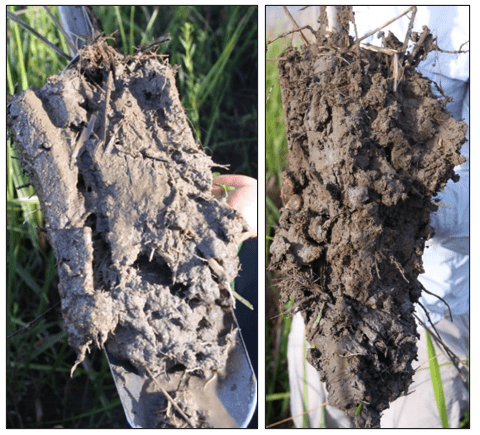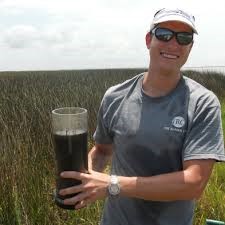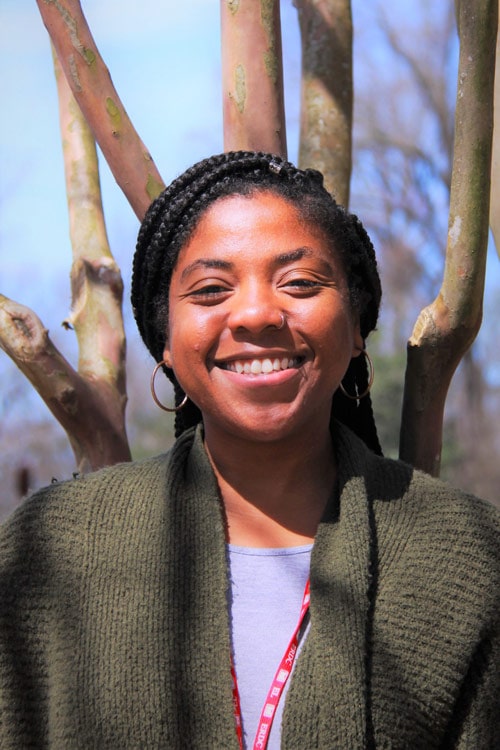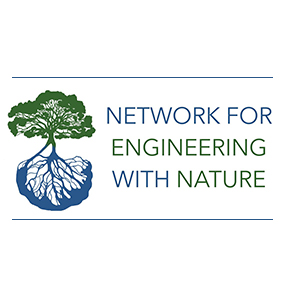The Network for Engineering With Nature® (EWN) invites you to the N-EWN Knowledge Series: A Continuing Education Series about Engineering with Nature—Blue Carbon Storage Potential in USACE Beneficial Use Projects, with Nia Hurst and Dr. Jacob Berkowitz. This 1-hour Zoom webinar will take place Thursday, April 20, 2023, at 12:30pm ET.
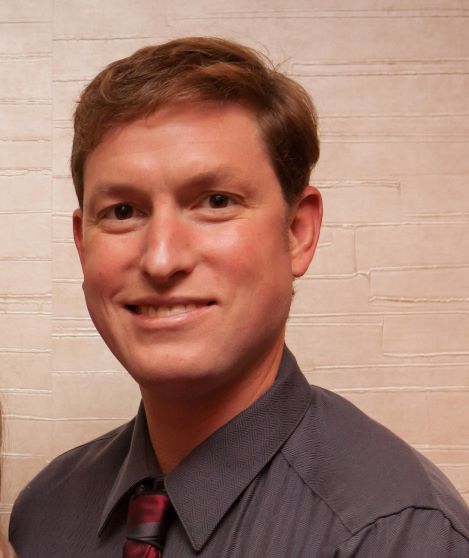
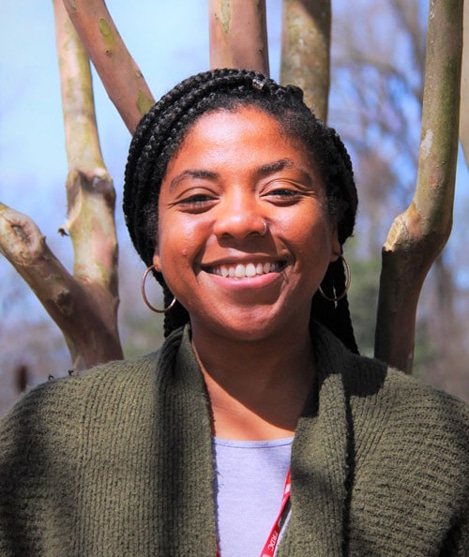
Guest Speakers
Nia Hurst, Research Biologist, and Dr. Jacob Berkowitz, Senior Research Soil Scientist, from the Engineering Research and Development Center’s Environmental Laboratory will talk about how coastal ecosystems play an important role in nutrient regulation.
Wetlands provide a variety of valuable ecosystem services such as storm surge reduction, floodwater attenuation, and water quality improvement. Additionally, wetlands play an important role in nutrient and carbon (C) dynamics in coastal ecosystems. In fact, wetlands, mangroves, and seagrasses store C 10x faster than mature tropical forests such as the Amazon. Engineering With Nature (EWN) projects that beneficially use dredged sediment have the potential to improve nutrient dynamics and C storage through the 1) restoration and creation of coastal landforms and 2) formation of mineral associated organic matter (MAOM), which is protected from chemical and physical degradation, resulting in long-term C stability. Partnering with the University of Central Florida, NOAA, and five USACE districts (Mobile, Baltimore, Detroit, Buffalo, and San Francisco), study sites are being evaluated to assess nutrient and C dynamics in dredged sediment beneficial use projects to document their capacity to store nutrients, C, and improve coastal resiliency. Results will help estimate the outcomes of USACE beneficial use projects and increase coastal wetland resiliency through the design, implementation, and adaptive management of future EWN initiatives.
For previously recorded seminars, please visit the N-EWN Seminars page.

